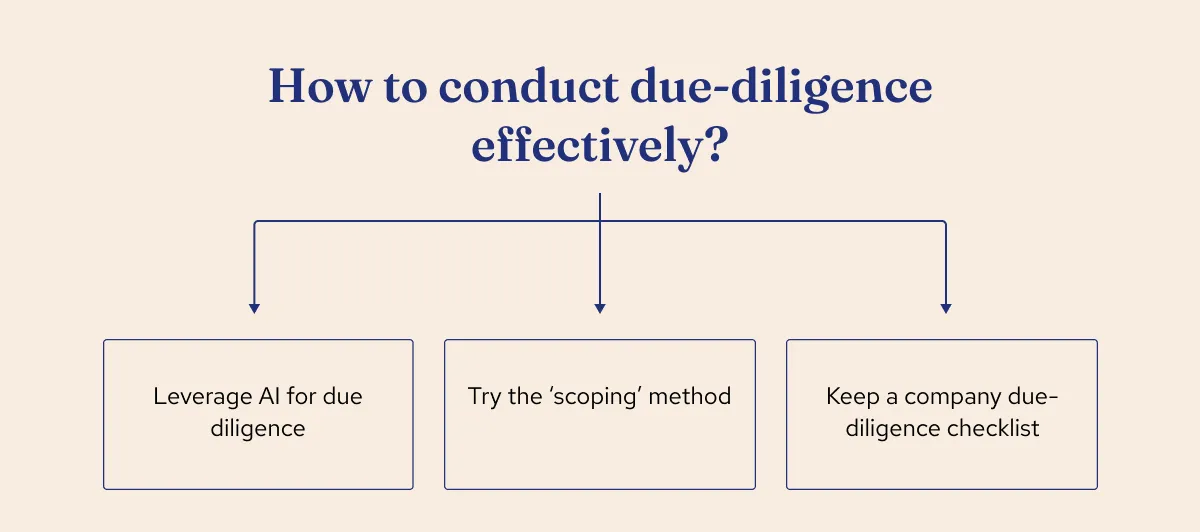Exploring Psilocybin-Assisted Facilitation: Navigating the Path to Therapeutic Healing

In the realm of alternative therapies gaining traction in recent years, psilocybin-assisted facilitation stands out as a potentially transformative approach to mental health treatment. This method involves the guided use of psilocybin, a naturally occurring psychedelic compound found in certain mushrooms, to facilitate therapeutic experiences aimed at healing and personal growth. As interest in this modality grows, educational programs and courses are emerging to train facilitators in this specialized field, paving the way for a new wave of mental health practitioners.
Understanding Psilocybin-Assisted Facilitation
Psilocybin, the active ingredient in psychedelic mushrooms, has been used for centuries in various cultural and spiritual practices. In clinical settings today, it is administered in a controlled environment under the supervision of trained facilitators. These sessions are designed to induce altered states of consciousness that can lead to profound insights, emotional breakthroughs, and therapeutic benefits.
The Role of Education and Training
In response to the increasing demand for trained professionals in psilocybin-assisted facilitation, educational institutions and organizations are offering specialized courses and certifications. These programs typically cover essential aspects such as:
Psychedelic Pharmacology and Safety: Understanding the pharmacological effects of psilocybin, potential risks, and safety protocols for administration.
Facilitation Techniques: Learning how to guide individuals through a psilocybin session, creating a supportive and conducive environment for healing and introspection.
Integration Practices: Teaching methods for integrating insights and experiences from psychedelic sessions into everyday life, enhancing long-term therapeutic benefits.
Ethical and Legal Considerations: Addressing the ethical implications and legal frameworks surrounding the use of psychedelics in therapeutic contexts.
Courses in Psilocybin-Assisted Facilitation
Enrolling in a course on psilocybin-assisted facilitation can be a transformative step for healthcare professionals and individuals interested in this innovative field. These programs blend theoretical knowledge with practical training, often incorporating experiential learning components to prepare facilitators for the complexities of psychedelic therapy.
The Future of Psilocybin-Assisted Therapy
As research continues to validate the therapeutic potential of psilocybin, the field of psilocybin-assisted facilitation is poised for growth and integration into mainstream mental health care. Graduates of these courses may find opportunities in clinics, wellness centers, or private practice, contributing to the expansion of accessible and effective treatments for conditions such as depression, anxiety, PTSD, and substance use disorders.
Conclusion
Psilocybin-assisted facilitation represents a promising frontier in mental health treatment, offering new possibilities for healing and personal transformation. Through comprehensive education and training, professionals can harness the potential of psychedelics responsibly and ethically, shaping a future where innovative therapies complement conventional approaches to mental health care.
Whether you're considering a career in psychedelic therapy or seeking to deepen your understanding of this emerging field, exploring psilocybin-assisted facilitation could be a pivotal step toward embracing holistic and integrative approaches to mental wellness.
As attitudes evolve and research progresses, the journey into psilocybin-assisted therapy promises to be both enlightening and impactful, paving the way for a more compassionate and effective approach to mental health treatment.
Note: IndiBlogHub features both user-submitted and editorial content. We do not verify third-party contributions. Read our Disclaimer and Privacy Policyfor details.





